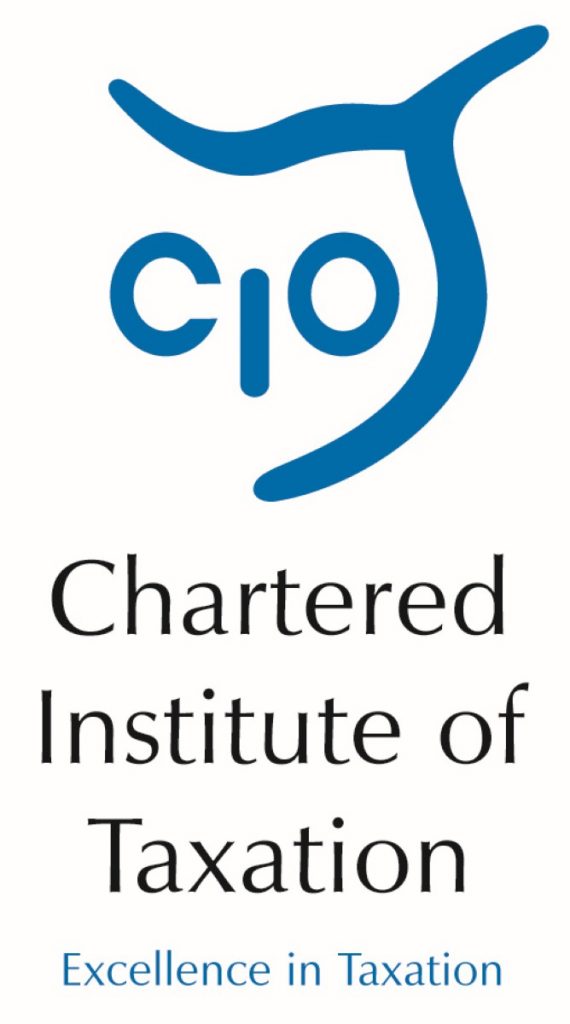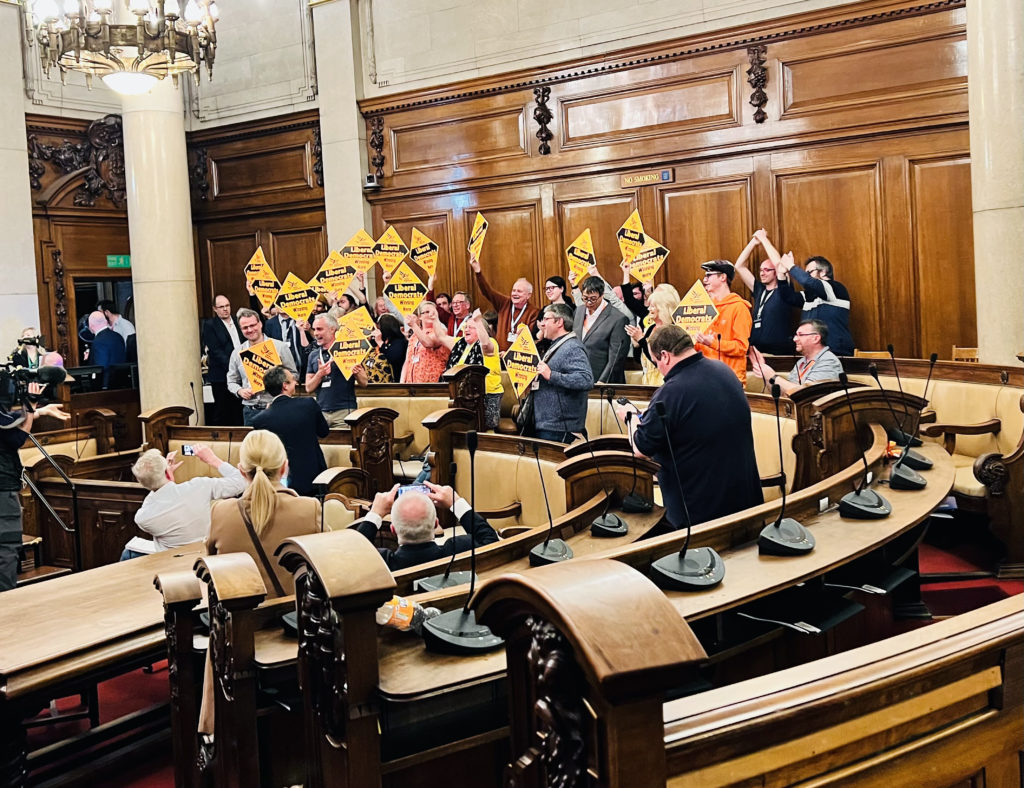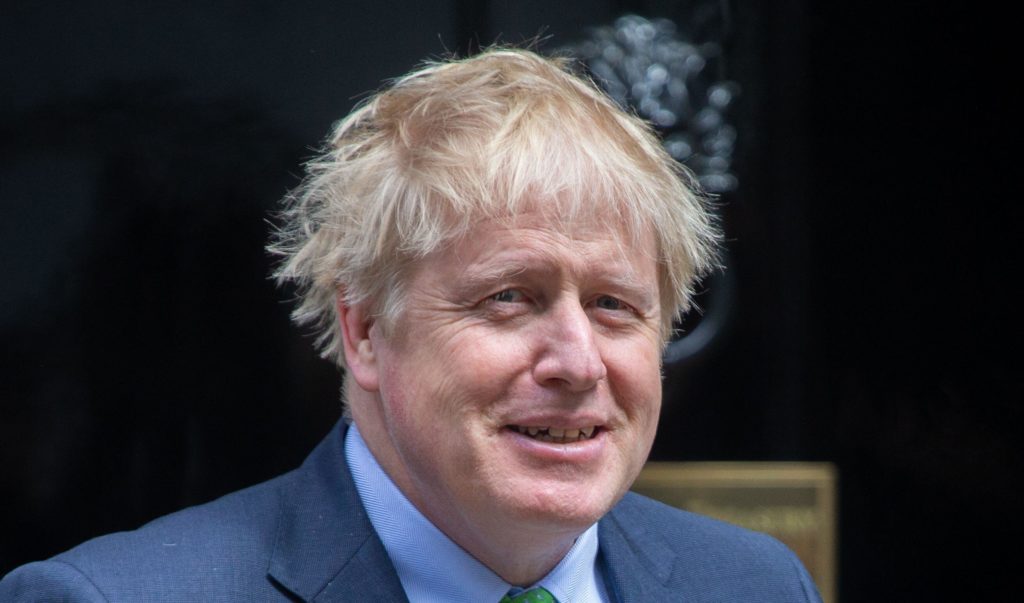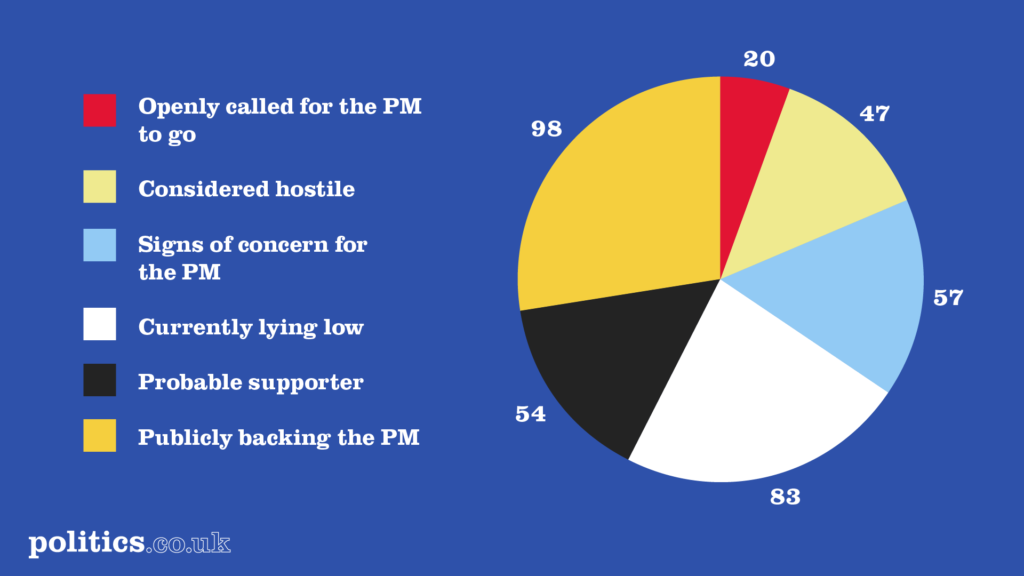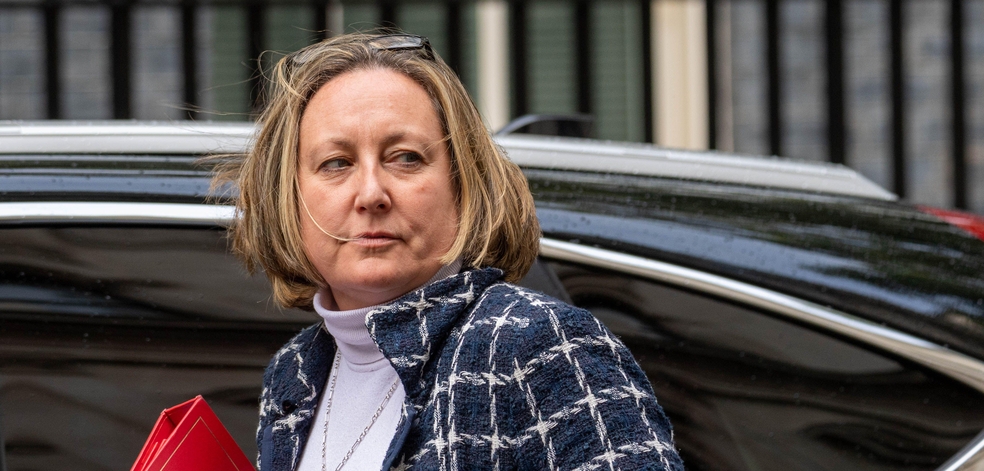What is happening with the nurses pay rise?
In early 2021 the UK government initially indicated that it planned a 1% pay award for NHS staff in England.
The UK government justified its proposals for a 1% rise in England, in the context of its wider 2021/22 pay freeze for public sector workers earning more than £24,000 per year. This approach emerged in light of the economic disruption caused by the Covid 19 pandemic.
Following a backlash from the profession, the government back tracked on these proposals in June 2021. The NHS Pay Review Body had recommended that nurses be awarded a 3% pay increase for 2021-22, and this was now to be implemented in England and Wales.
In his October 2021 budget, Chancellor Rishi Sunak confirmed that nurses pay would rise again in 2022-2023. His comments came at a time when UK inflation was expected to reach 4% in 2022/2023.


Underwhelmed by the government’s proposals, in late 2021 nursing unions were consulting their members on the possibility of industrial action. The Royal College of Nursing was calling for a 12.5% rise in nurses pay.
https://pukdevelop.wpengine.com/in-parliament/2021/07/22/hoyle-criticises-government-over-nhs-pay-rise-announcement/
What do nurses earn?
Nurses salaries vary depending on an individual nurse’s pay band and their years of experience.
In 2018, the Royal College of Nursing estimated that the average annual salary of a NHS nurse was £33,384. Under the 2018-21 NHS pay settlement, nurses saw their pay increase by 6.5%, suggesting that in 2021, average nurses pay in the UK was around £35,554 per year. This was set to rise to £36,928 in 2021/22.
Nurses pay scale
According to the NHS website, in 2021, the starting salary for a standard 37.5 hours working week, of a fully qualified clinical nurse with less than one year’s experience was £24,907. Those working in the same Band 5 are then listed as earning £30,615 when they have acquired 7 years or more experience.
Nursing salaries rise depending on the positions held. A nurse team leader in Band 6 with 2-3 years experience will earn £33,176 rising to £37,890 if they have more than eight years experience.
A modern matron in Band 8a with over five years experience will earn £51,668 per year.
Nurses are entitled to additional payments when they work unsocial hours, defined as those between 8pm and 6am on a weekday, and any time on Sundays and bank holidays. According to the organisation, NHS Employers, the level of the unsocial hours payment ranges between 30% and 49% on a weekday, and 60% and 97% on Sundays/Bank Holidays, depending on the pay band concerned.
Unsocial hours payments operate on a so called 50:50 rule where nurses receive the payment for an entire shift if more than half the hours worked are unsocial.
Nurses’ salaries in London attract a high cost-area supplement. This equates to 20% of basic salary levels in Inner London, 15% in outer London, and 5% in the so called ‘fringe’ area just beyond the capital.
NHS nurses are entitled to 27 days paid holiday per year (plus Bank Holidays) and participate in the NHS Pension Scheme.
Since September 2020, pre-registration nursing students have been eligible to receive funding support of £5,000 per year towards their studies.
Nurses pay and wider UK salary levelsAccording to the Office for National Statistics the median full time salary in the UK in 2020/21 was £31,461. This figure equates to the mid-point of all salary levels in the country.
Average pay in the nursing profession, at £35,554 per year, is therefore above median earnings.
However to work as a nurse it is now required to have a degree in nursing. Nursing salaries can therefore be compared with other graduate dominated professions.
In 2019/20 the average full time equivalent salary for a teacher in a UK stated fund school was £40,537 per annum.
In 2020, according to payscale.com, the average annual salary for someone working in accounts with 5 to 9 years experience was £30,778 per year. The average salary for a marketing manager was £33,345.
Should nurses be paid more?
The debate around a nurses pay rise is highly politically contentious, and as politically sensitive, as it gets.
Those calling for a higher pay rise for NHS nurses firstly point to the value and nature of the work being done by the profession. They argue that people do not enter nursing because of the money, and point to the sacrifices and challenges faced by nurses on the front line in dealing with the 2020/21 coronavirus pandemic. The British Medical Association (BMA) previously described the proposed 1% rise as a “dereliction of the Government’s moral duty”, whilst the Royal College of Nursing continues to call for a 12.5% pay increase for nurses.
Secondly, nursing unions argue that the proposed 2021/22 increases in nurses pay still constitute a real term reduction in nursing salaries given that current estimates for Consumer Price Index inflation, Attention is also drawn to how public sector pay as a whole, has remained stagnant during the previous decade. The Institute for Fiscal Studies estimated that in real terms, average public sector earnings fell by 1.3% between 2010 and 2020.
Thirdly it is suggested that increasing the pay of nurses will help with the profession’s battles against retention and recruitment. It is argued that if retention levels were maintained, then there would be savings to made both in recruitment costs, and the fees paid for agency workers. The Department of Health has detailed how, overall, NHS hospitals in England spent £2.4 billion on agency and contract staff in 2017/18, 2018/19, and 2019/20.
Although polling evidence suggests that their approach is not gaining traction with the public at large, those supportive of the government’s approach on NHS pay make two main counter arguments, relating to the wider economic environment and issues around affordability.
In terms of the wider economic environment, those approaching this issue from the government’s standpoint point out that public sector pay is already considerably higher than private sector pay.
The Office of National Statistics (ONS) has reported that median weekly earnings for full-time employees were £647 in the public sector compared to £567 in the private sector.
The ONS has also reported that in the year to April 2020, where annual earnings for public sector employees increased by 2.4%, private sector pay fell by 0.6%. During 2020/21, many private sector employers such as hospitality and retail remained closed with a high proportion of their workforce furloughed on a 20% pay reduction compared to their usual wages.
In this context, comparisons are made between the job security and comparable pay situation, that exist between the private and public sectors of the economy.
Secondly those sympathetic to the government’s approach reference the state of the public finances and questions around the affordability of public sector pay. Totalling £56.1 billion per year, the NHS wage bill is one of the government’s largest annual expenditure items, such that a 3% increase in NHS staff salaries would logically require an additional £1.5 billion of taxation to be raised, or £1.5 billion of alternative spending to be cut.
It is pointed out that the ongoing cost of a 3% increase in NHS salaries would equate to the entirety of the £1.5 billion that would be raised by the regularly touted 2% UK supplementary sales tax to be directed upon all online sales.
Whilst such figures cut little ice with nursing campaigners, nor Conservative MPs in marginal constituencies, they might at least explain some of the hesitations previously found in the Treasury towards large increases in nurses pay.
In January 2021, a YouGov poll undertaken on behalf of Nurses United UK suggested that 75% of people who were asked supported a 10% pay rise for nursing staff, with 79% saying they supported annual pay rises for nurses above the rate of inflation.
How is nurses pay set?
Pay in large areas of the public sector falls under the auspices of eight public sector pay bodies.
Nurses pay falls under the realm of the NHS Pay Review Body, the non departmental public body that makes recommendations for the pay scales of NHS staff (excluding those for doctors and dentists, who are covered by a separate body).
The NHS Pay Review Body is independent of government, and is made up of independent experts.
Each year it takes evidence from key stakeholders including the UK’s four governments, NHS employers and trade unions. Having assessed that evidence, it then makes pay-rise recommendations based on a range of publicly set out factors, including the level of pay required to support staff recruitment and retention, and a regard for overall affordability.
The final nurses pay award is the decided by the Department of Health and Social Care, once the NHS Pay Review Body has issued its final recommendations. Although it would be politically controversial, a Minister can decline to follow the recommendations of a pay review body.
As health is a devolved policy matter, the arrangements for nurses pay in Scotland, Wales, and Northern Ireland are separately decided upon by the respective devolved governments.
Quotes
“This is pitiful and bitterly disappointing. The Government is dangerously out of touch with nursing staff, NHS workers and the public” – Dame Donna Kinnair, the Royal College of Nursing.
“We’ve asked the public sector pay review body to look at what could be done for nurses in particular, exceptionally, and I think that’s right. I think what nurses have done is incredible and I personally am the beneficiary of their life saving efforts” – Boris Johnson, 2021.
“We do want to make sure that even at this very challenging time for the whole economy that there is a pay rise for the NHS staff. In terms of nurses pay, we have been focusing in the past few years in making sure that those on lowest pay do get an increase, for example the salary for a new staffing nurse has gone up by over 12 per cent in recent years” – Vicky Ford – Childrens Minister, March 2021.
“No no no. A 1% pay rise for nurses will not do” – Actor Hugh Laurie, writing on Twitter, 2021.
https://pukdevelop.wpengine.com/news-in-brief/tax-hike-means-public-sector-pay-rise-wont-reach-peoples-pockets-say-lib-dems/
https://pukdevelop.wpengine.com/comment/2021/07/26/hospices-in-england-face-a-huge-struggle-to-match-nhs-pay-increase/
https://pukdevelop.wpengine.com/comment/2021/03/10/why-the-nurses-pay-row-is-about-more-than-just-economics/

